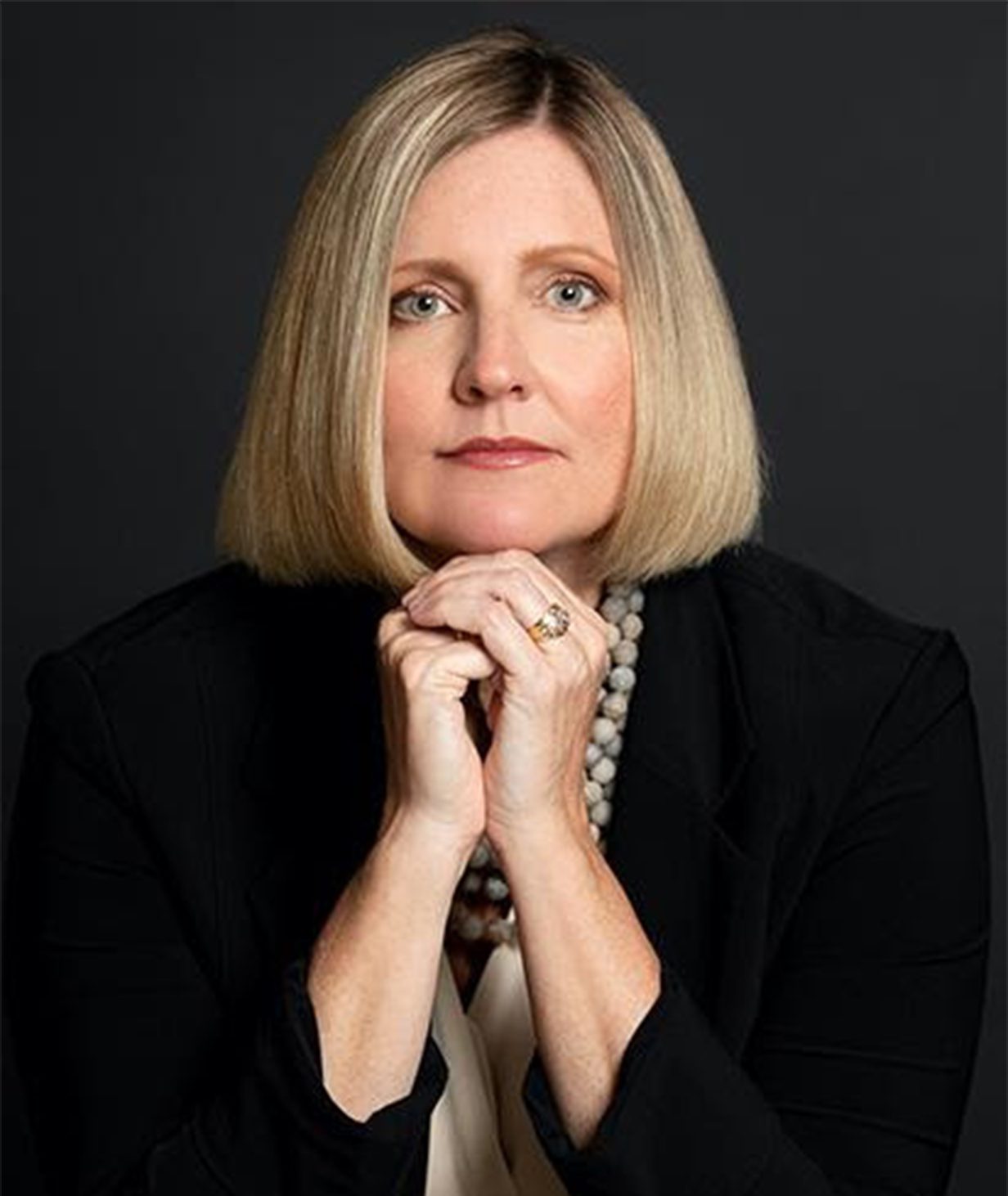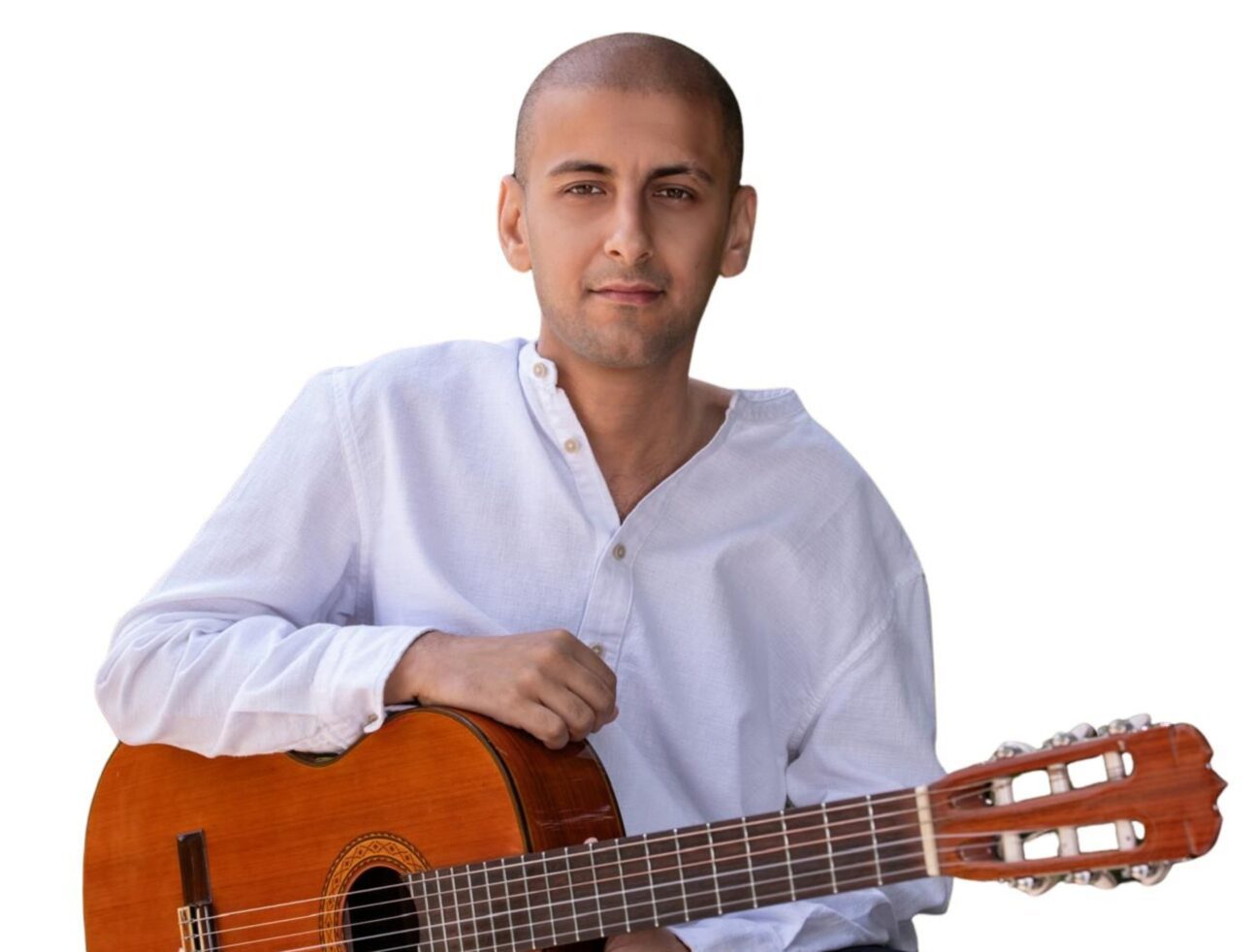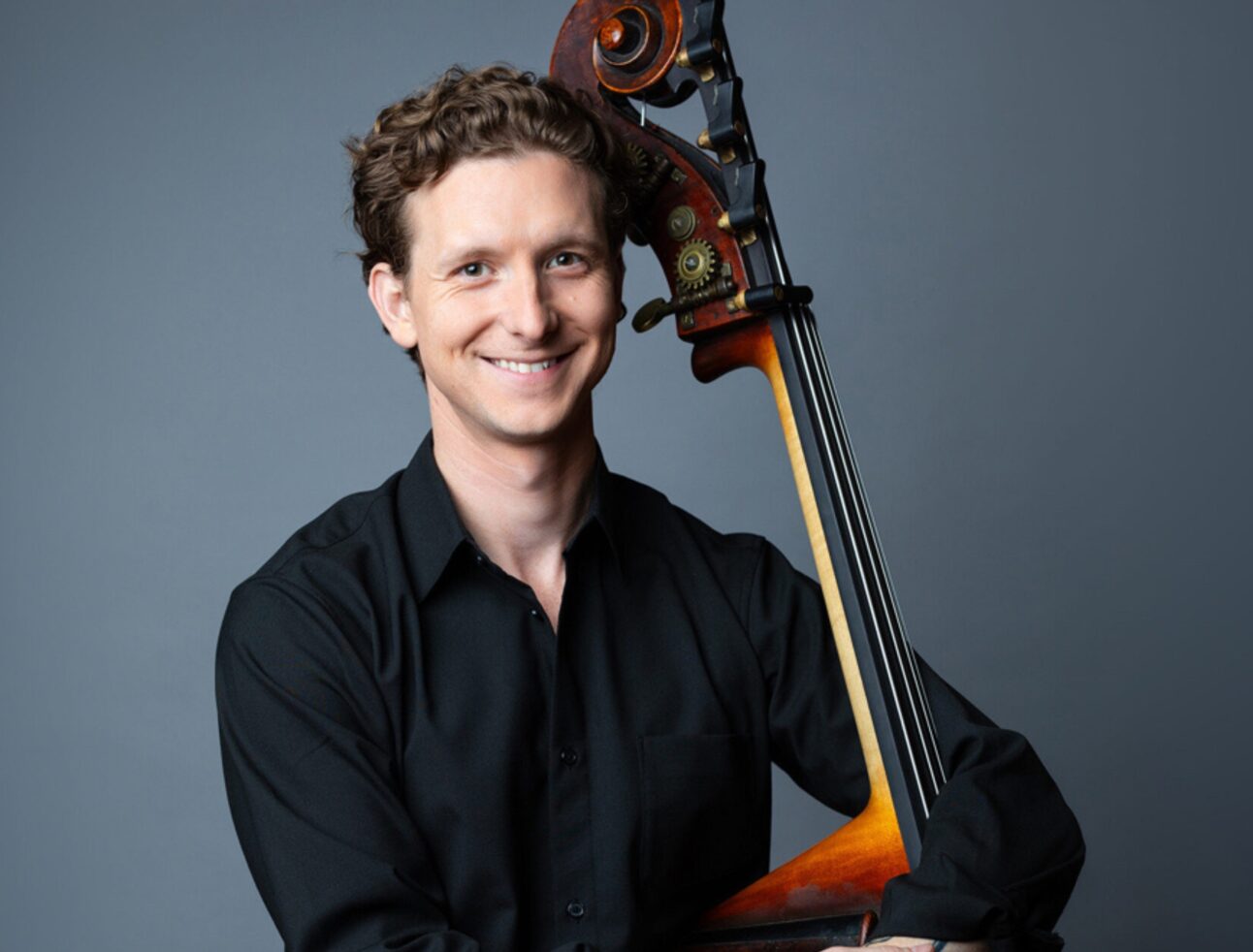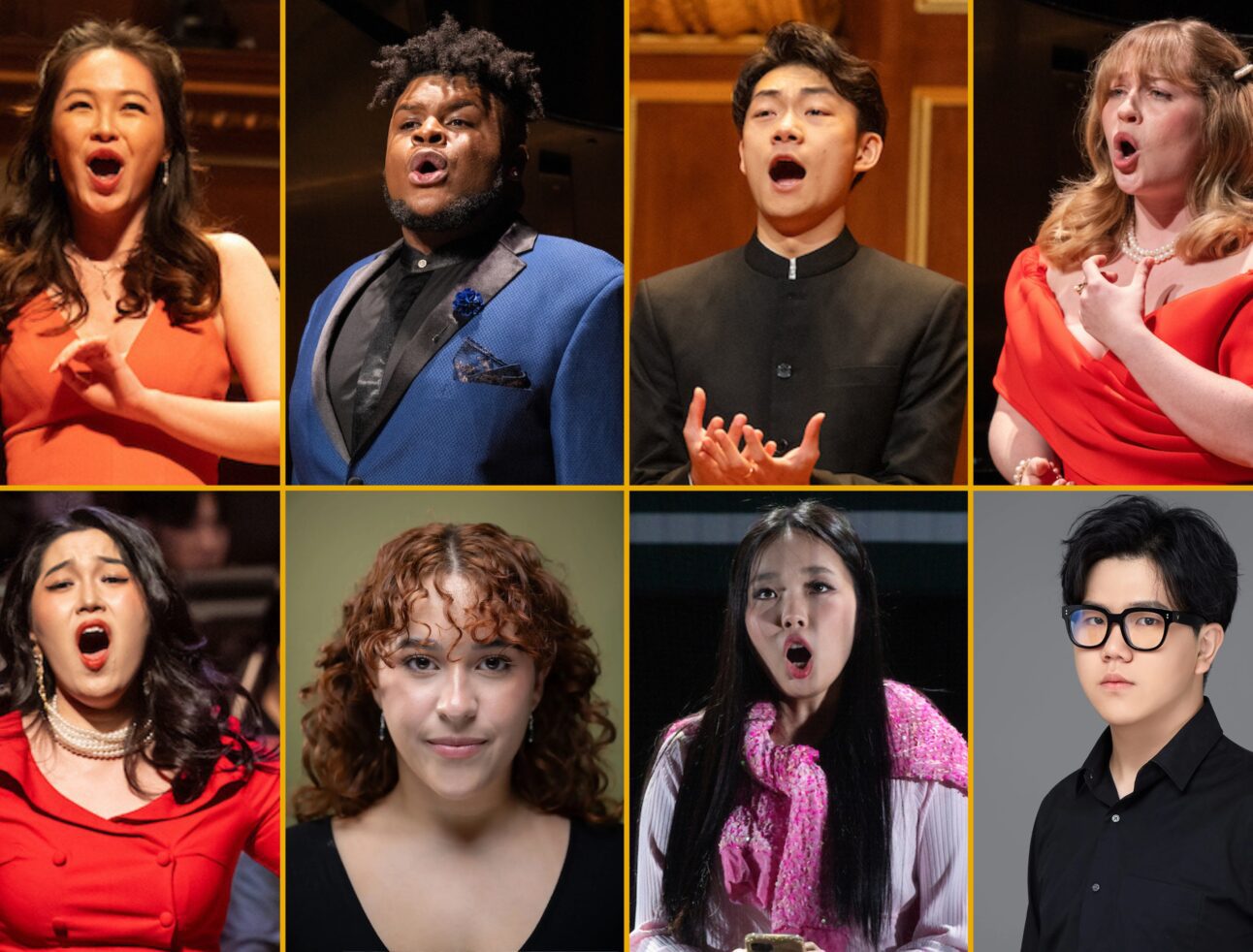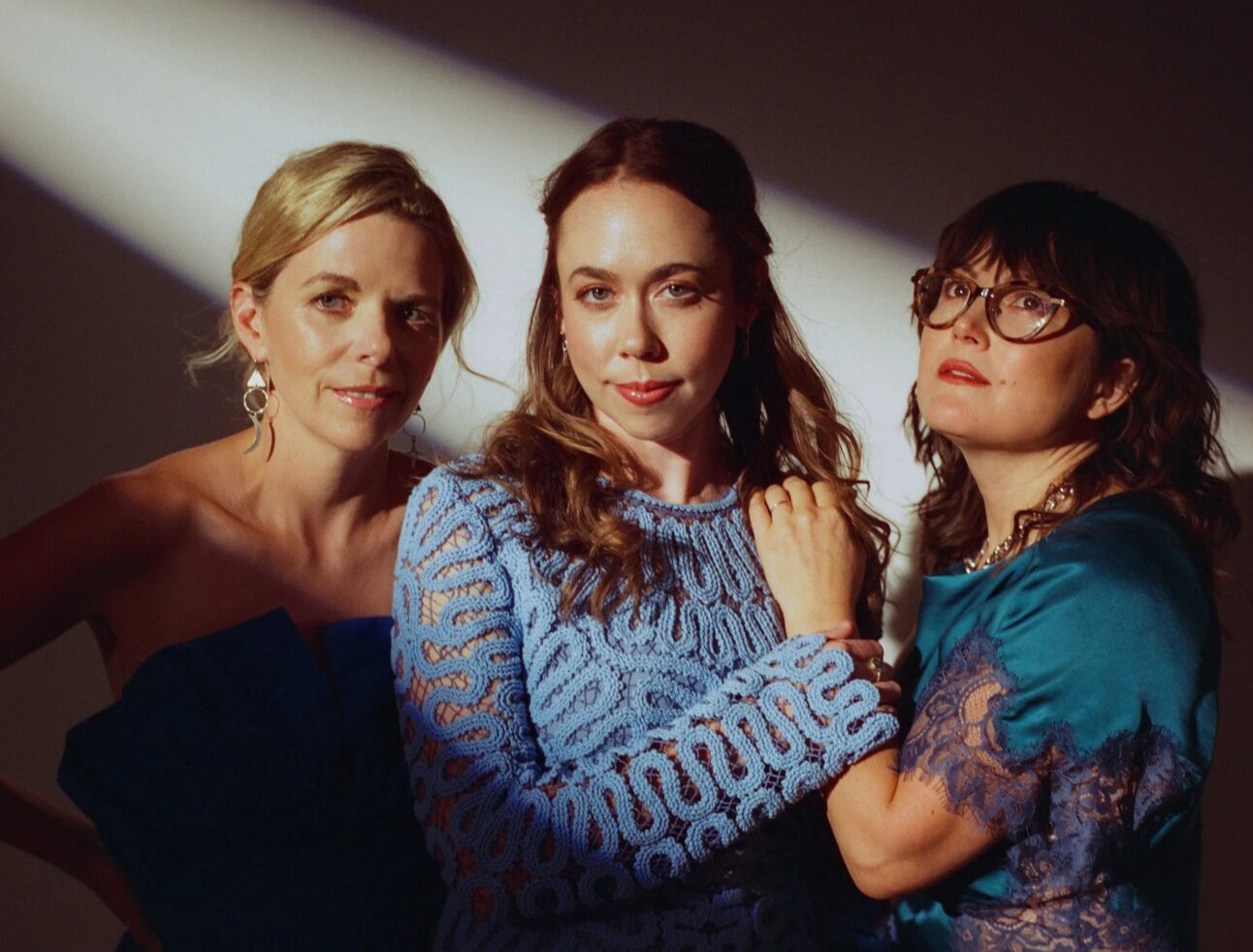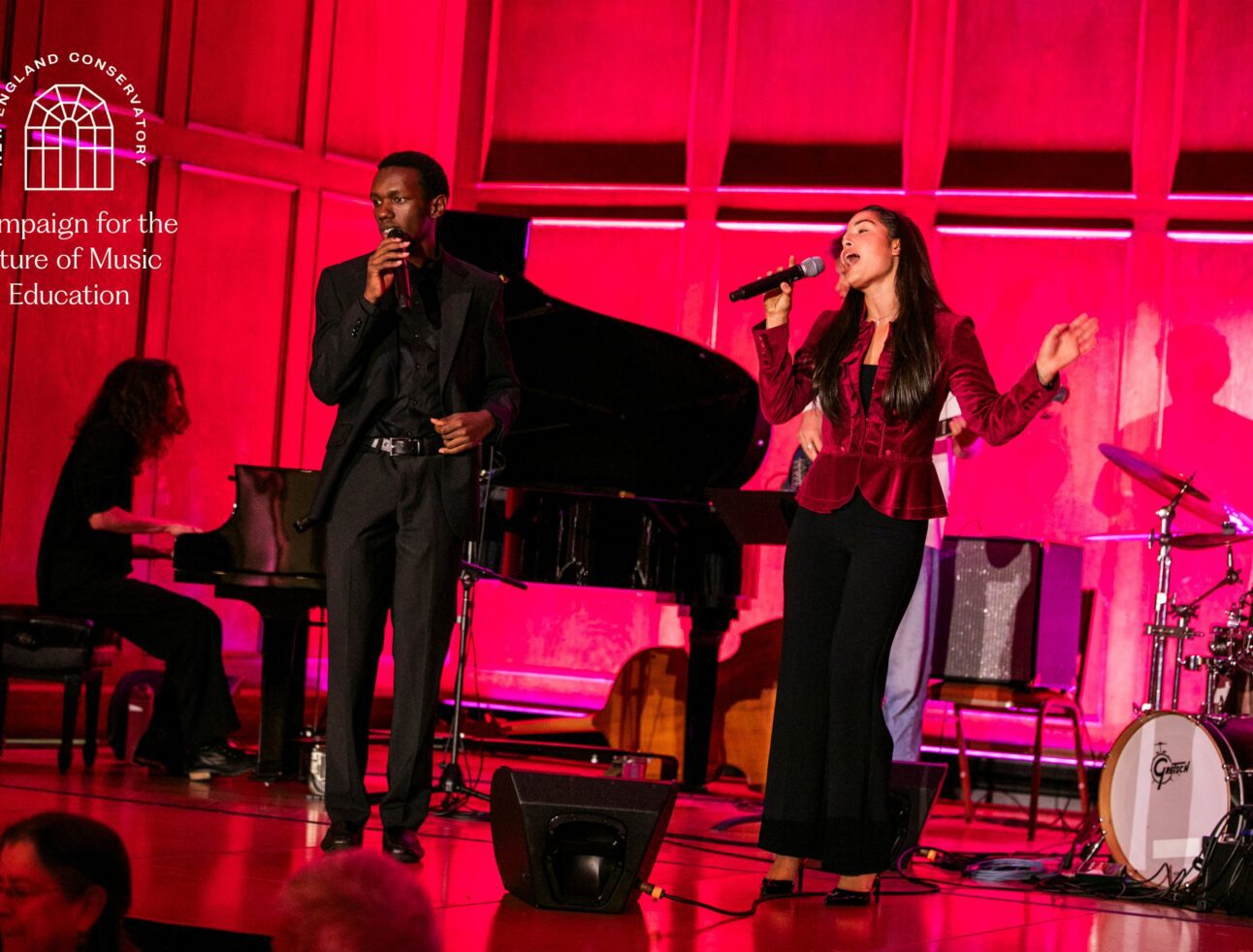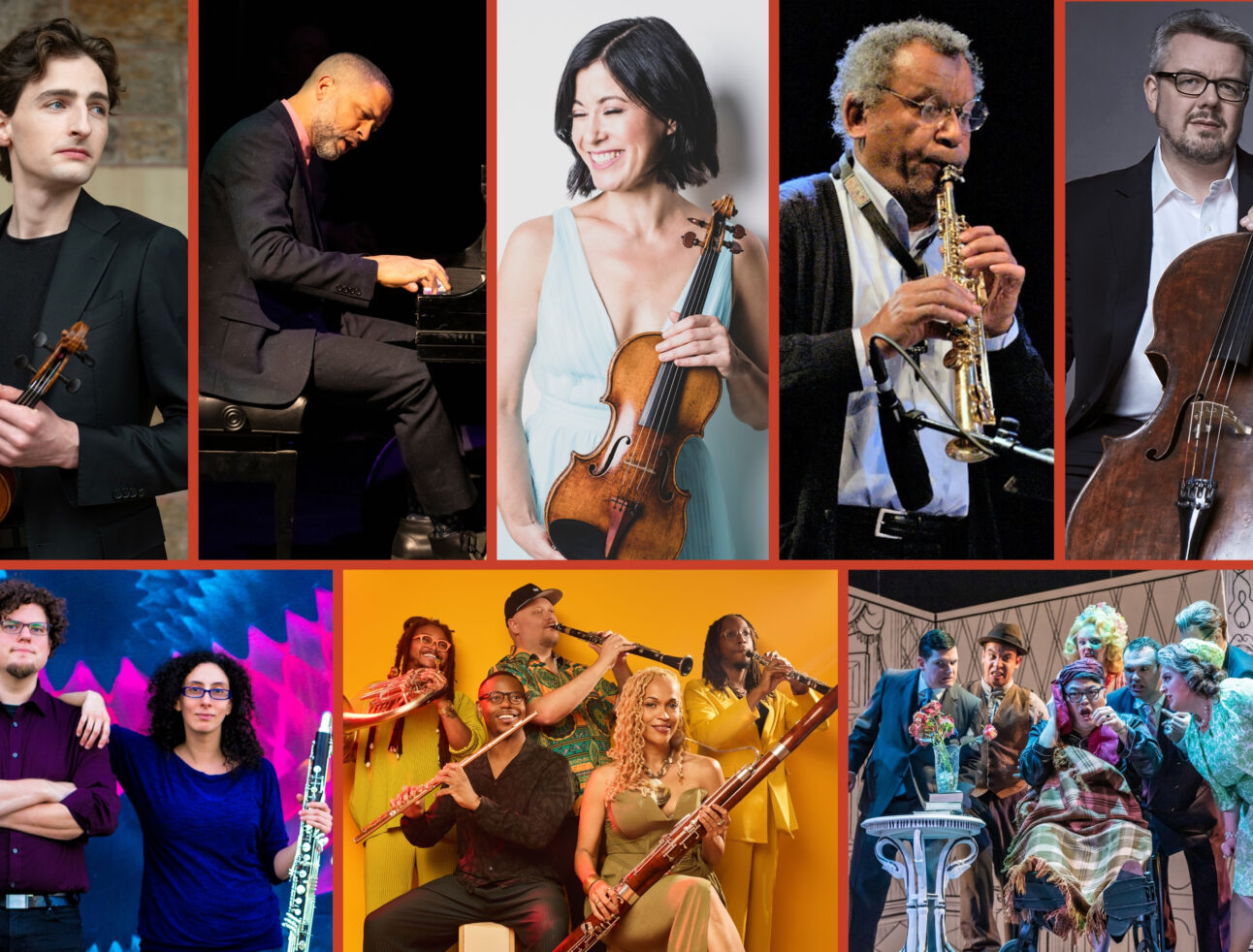Last week, Tonya McBride Robles joined New England Conservatory as the Vice President of Expanded Education. She will oversee the strategy and execution of music education programming for NEC’s pre-college, adult, summer, and digital learning channels.
McBride Robles comes to NEC with significant experience in arts administration with symphonies and choruses, including chief operating officer at both the Nashville Symphony and the Baltimore Symphony Orchestra. Earlier in her career, she worked in elementary education as both a teacher and an administrator in Spain, Japan, and Ecuador while her husband served in the military.
“My career has been somewhat circuitous, with experiences living around the world, working for orchestras, choruses, other nonprofits, and also teaching general music,” she says. “But those seemingly disparate experiences are building blocks for this role at NEC.”
McBride Robles says music and singing have always been a part of her life, starting with her first solo as a preschooler in her father’s church. She started voice lessons in middle school and later attended the Peabody Institute of The Johns Hopkins University. The summer before her senior year, she interned at the Baltimore Symphony Orchestra and discovered she loved working behind the scenes to bring classical music to the stage.
Her experiences as a student also instilled a passion for making music accessible to all.
“I didn’t have access to the kind of performing arts that a community like Boston is known for, so part of [that passion] is my personal journey and the difference it made in my own life,” she says. “Sometimes providing access has meant working in innovative ways to bring an orchestra to the community. Sometimes it has meant teaching Mozart to students in Ecuador. That intersection of education and access has been a throughline throughout my entire career.”
Here, McBride Robles talks more about fostering access to the performing arts, how she plans to spend her first months at NEC, and what she’s looking forward to about life in Boston.
Is there a particular accomplishment you would consider a career highlight?
During the pandemic, the Baltimore Symphony Orchestra had no digital content. Working with an incredible team, we secured funding, installed cameras, and launched a 30-episode docuseries that included recorded classical music with a variety of ensembles. The stamp that I added was that at least a quarter of the episodes included personal, intimate interviews with the musicians, conductors, and composers. We talked to them, not just about the music, but about their lives and navigating the pandemic, making them real people that you could relate to.
There are perceived barriers to classical music, and this notion that it’s not for everyone. Part of increasing access and breaking down that barrier was humanizing the musicians, who are fascinating in their personal lives in addition to their artistic talent on the stage.
The series ended up being a great success that made a huge difference in keeping all of us connected during the pandemic. That’s definitely one of my proudest career accomplishments.
Why is access so important to you?
Coming out of the pandemic, we learned that there is nothing like shared communal access to performing arts at the highest level. While I love using technology as a point of access, the live concert experience can’t be replaced. It can be enhanced by technology, but that shared communal aspect of embracing performers at the highest level is a personal and professional goal of mine.
In my new role, I want to reach music students of all ages and at all levels and provide a pathway to attending a world-renowned conservatory like New England Conservatory, and create patrons, supporters, and donors who will keep the work of professional classical, jazz, and CMA musicians going for years to come.
How are you planning to spend your first few months at NEC?
I tend to jump in with both feet, partly because of being a military spouse. When you move communities often, you don’t have time to test the waters. You need to jump in and make a contribution, make a difference, immediately. That’s definitely my sensibility.
But I also know that it’s critical to make sure that I understand the culture of a new role and a new institution. I plan on doing a lot of listening, watching, and being present. I’ll be there when Prep opens. I hope to be present for individual lessons, from preschoolers in Suzuki to adult amateurs. Learning and listening is the goal of my first few months.
You’ve lived up and down the East Coast and all over the world. What are you looking forward to about living in Boston?
I’m happy to say that my husband was stationed in Maine during our career, and we spent a lot of time in Boston. I’ve had a love for the city for 20-plus years now. My son’s first symphony concerts were at the Boston Symphony when he was a preschooler. We’ve spent a good bit of time at Fenway. I’m excited to soak up all that Boston has to offer, both culturally and as a big sports fan.
Applications are still open for Expanded Education programs this fall. Explore the offerings in NEC Prep and Adult Education to find the right fit for you.
